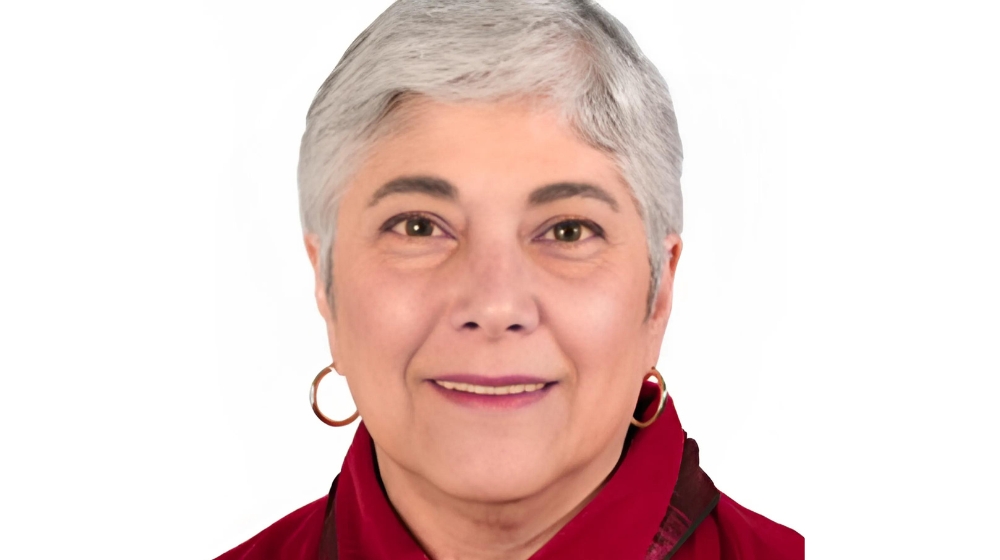Jeanne Sokolec

Jeanne Sokolec
Public Service Leadership Program Director, SCPS Clinical Associate Professor
Jesuit Values of Public Service Leadership
Jeanne Sokolec's association with Loyola spans years, primarily rooted in the School of Social Work. It was during this tenure that Sokolec found herself intertwined with the Master's in Public Service Leadership (MAPSL) program at SCPS.
Unlike traditional undergraduates, Sokolec acknowledges that many MAPSL students are older, having spent years in the workforce before returning to academia. These students bring with them a wealth of experience and a clear sense of purpose that have pushed them to make a conscious choice to pursue further education, fully aware of the challenges and rewards that lie ahead.
"These are people who have been out of school for many years. They've been working in different places, and they're coming back to school. There's an enthusiasm about it because they've chosen a direction."
Sokolec’s role in the MAPSL program has evolved as the program itself has grown. In its inaugural year, the program had just six students. Today, Sokolec is preparing to welcome 17 students into her introductory course—a testament to the program’s increasing appeal.
In her interactions with MAPSL students, Sokolec emphasizes the importance of connection, even in an asynchronous learning environment. She hosts voluntary chat sessions, providing students with an opportunity to engage with one another and with her in what could otherwise be an impersonal online setting.
Sokolec notes how the Jesuit emphasis on social justice and caring for others aligns perfectly with the core principles of social work. This alignment creates a unique and supportive environment for both students and faculty at Loyola.
“If you look at the profession of social work’s values as well as the values held by those in public service, they are an exact match to the Jesuit values that prioritize caring for people. It is about creating systems and resources that enhance not only individuals but the common good for all.”
She admires the dedication of SCPS students, many of whom juggle their studies with demanding personal and professional lives. This respect for their resilience and determination informs her approach to teaching, as she strives to meet their needs while maintaining academic rigor.
"Adult learners have 9,000 other responsibilities. I think it's important to understand that that they come with a life. We understand. Life happens. Come to me, you know. Go to somebody, and we'll see if we can be helpful."
"These are people who have been out of school for many years. They've been working in different places, and they're coming back to school. There's an enthusiasm about it because they've chosen a direction."
